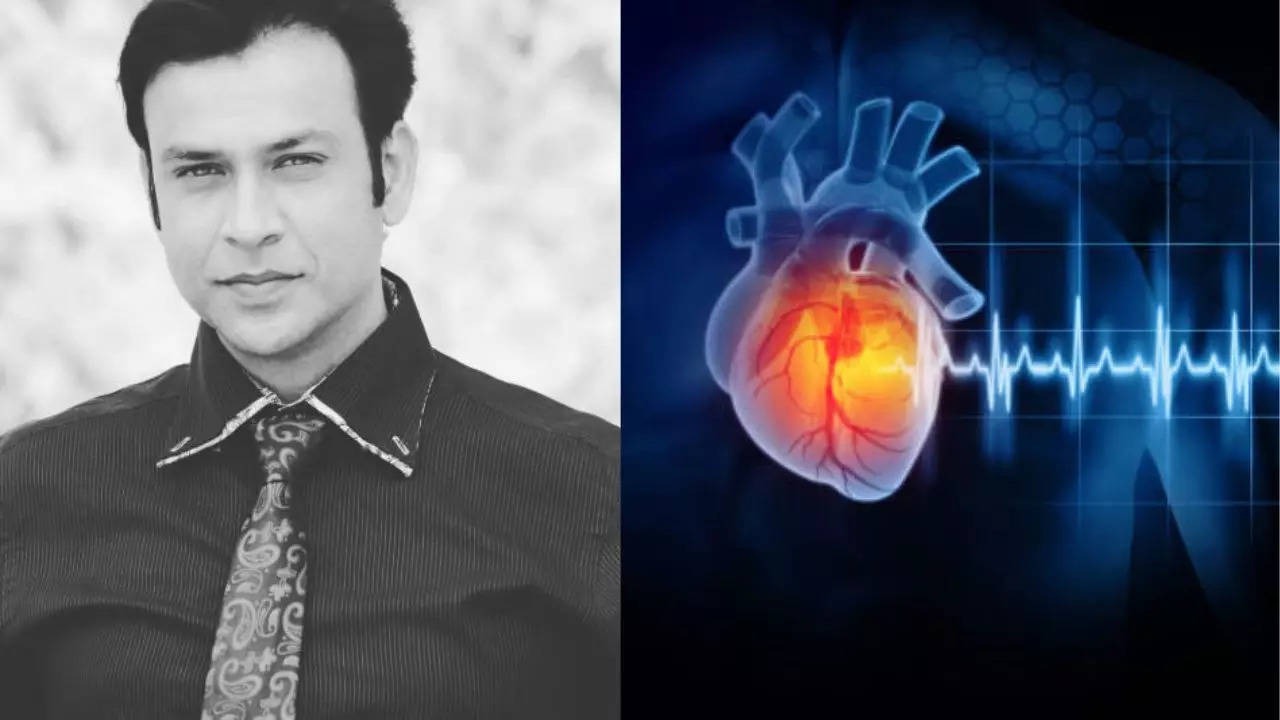
He was found dead in his flat during the routine check-up carried out by his colleagues who came to investigate his unexplained absence from work. This article discusses the difference between cardiac arrest and heart attack, if any. And how are they connected?
Unfortunately, television actor Yogesh Mahajan has joined the ranks of heart attack victims at the tender age of 44 years. Some of his well-known works include and are not limited to: Adaalat, Jai Shri Krishna, Chakravartin Ashoka Samrat and Devon Ke Dev Mahadev. Most reports suggest that he was found dead in his apartment situated in Mumbai by his work mates after he vanished without a word from a work-related event.
What is a cardiac arrest?
Heart specialists emphasize that arrest, in this context, means the heart has stopped beating or is beating so rapidly that it is unable to pump blood. People usually become unconscious and unresponsive before they can even do anything. Doctors inform that this is now termed as sudden cardiac arrest because symptoms appear out of nowhere.
This life-threatening condition can prove fatal if not treated immediately. With no blood being pumped from the heart, every organ including the brain will die due to the oxygen deprivation that they experience.
Some of the symptoms one might experience before a cardiac arrest include chest pain, nausea, vomiting, or difficulty breathing.
What causes a cardiac arrest?
In regards to the minutes leading up to a cardiac arrest, the normal electrical impulses which are responsible for starting heartbeats are suddenly overridden by fast and erratic impulses. These fast impulses from the heart can cause an arrhythmia. Strong and lasting rhythms are the primary cause of almost all sudden cardiac arrests in people.
Ventricular fibrillation is one of the most commonplace arrhythmia and it is characterized by ineffective quivering of the muscles of the heart’s ventricles. This happens when the heart is unable to pump blood.
What differentiates a cardiac arrest from a heart attack?
A heart attack refers to the blockage of one of your coronary arteries. As a result, the heart muscle gets deprived of blood and oxygen and, if the situation persists, begins to die.
When a cardiac arrest occurs, on the other hand, your heart ceases to pump blood throughout your body and you may stop breathing normally.
The majority of heart attacks do not lead to cardiac arrests
Doctors inform that although heart attacks can result in a cardiac arrest, it is not often the case. It can be sudden, but heart attacks occur because of the blockage caused by narrowing arteries, which typically occurs over time. High blood pressure, diabetes, inactivity, and poor diet all contribute to the narrowing of blood vessels.
As the narrowing blood vessels become more severe, the reduced blood flow creates chest pain when people exert themselves. People may not feel any discomfort or pain when engaging in their daily activities, however, once they exert themselves, they may experience chest pain. Normally, after the exertion stops, the pain fades away.
Emergency help is needed instantly if aching movements doesn’t ease man’s effort. It may be a heart attack in the makings.
Even though patients often report the sensation as pain, it can be categorized into somewhat galling like pressure; stabbing; blazing. Most patients tend to expound that the ache occurs in the left side of the chest. However, it can manifest into the neck and left arm as well. People may at times describe an arm hurting or feeling fatigued. Occasionally a person can feel pain around the throat or even the jaw. Not to forget to mention that some have difficulty taking deep breaths too.

 Share
Share






